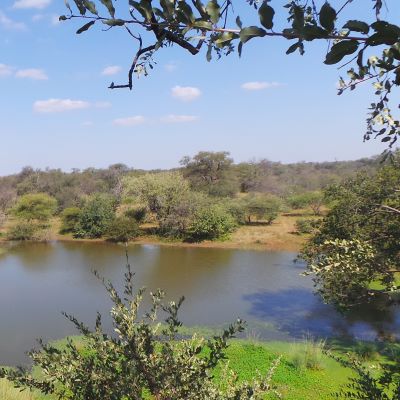
REGISTER interest for this workshop on 17th November by emailing comms@humanright2water.org.
The Aim of this strategic workshop is to strengthen cooperation in the field of research, development, and innovation (RDI) in support of improved water security and universal access to water across SADC. The workshop aims to bring together the SADC countries and river basin organisation (RBO) in SADC in order to promote RDI within and amongst themselves. This first workshop, which will form part of the series of two workshops and will provide a platform for the SADC RBO to share and discuss their respective current RDI activities and develop a survey to identify common RDI needs.
Transboundary water refers to water resources such as aquifers, lakes and river basins being shared by two or more countries, and they are very important for supporting the lives of people. The 12 mainland Southern African Development Community (SADC) countries share 15 river basins that collectively cover approximately 80% of the surface area and account for more than 70% of the freshwater resources in the region. The majority of these water resources are used in agriculture, industrial sector, and personal consumption. It is estimated that 70% of the rural population of SADC relies on groundwater, and 30 significant aquifers are located in transboundary positions.
Recognising this high degree of interdependence, SADC developed and adopted a number of regional support instruments for transboundary water cooperation. One of the most powerful enablers of such cooperation is the SADC Revised Protocol on Shared Watercourses, which remains a unique document on the African continent and is considered one of the best examples globally of multilateral cooperation for water. The Protocol is given further effect through the Regional Water Policy, Regional Water Strategy, and Regional Strategic Action Plans on Integrated Water Resources and Development Management.
Key to the implementation of these instruments are River Basin Organisations (RBOs), responsible for being the leading voice for basin-wide water issues in shared river basins. There are currently ten such RBOs active in the SADC region. It is thus imperative that the SADC countries, the transboundary water resource organisations and interested parties, continue to work together to promote the provision of quality water to the more than 250 million SADC citizens. A key part of this includes cooperating across boundaries on water-related research, development, and innovation.
Target Audience: Governments of SADC member states, RBOS, Transboundary water organisations, Policy Makers, Innovators, Academia and Investors and funders and Research funding institutions
Experts: South African Water Research Commission (WRC) in partnership with Human Right 2 Water (HR2W) and WaterShare, African Networks of River Basin Organisations (ANBO) and the South African Human Rights Commission (SAHRC).


